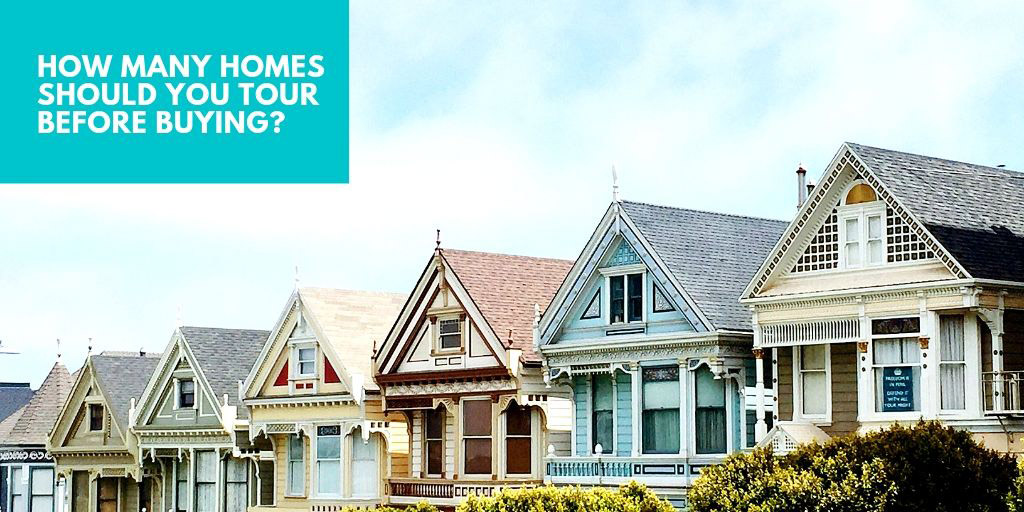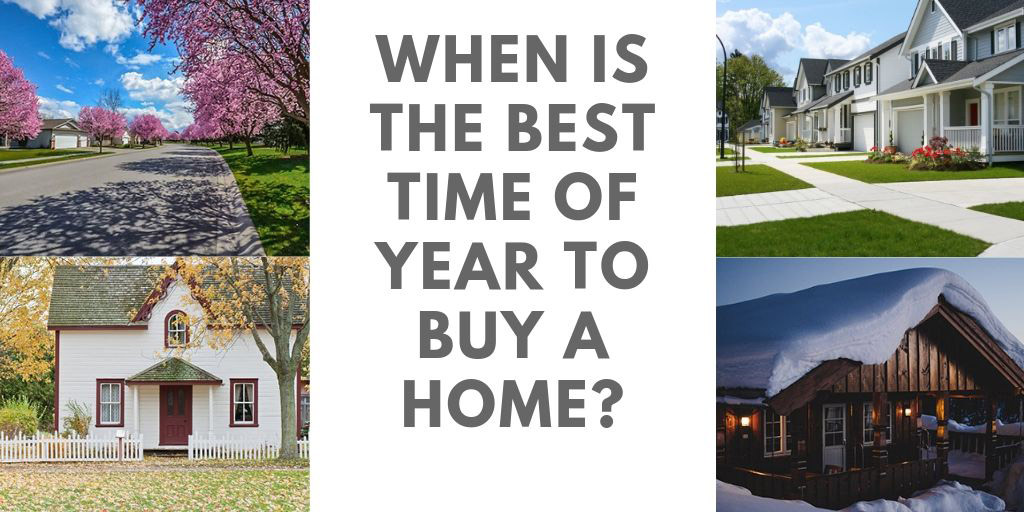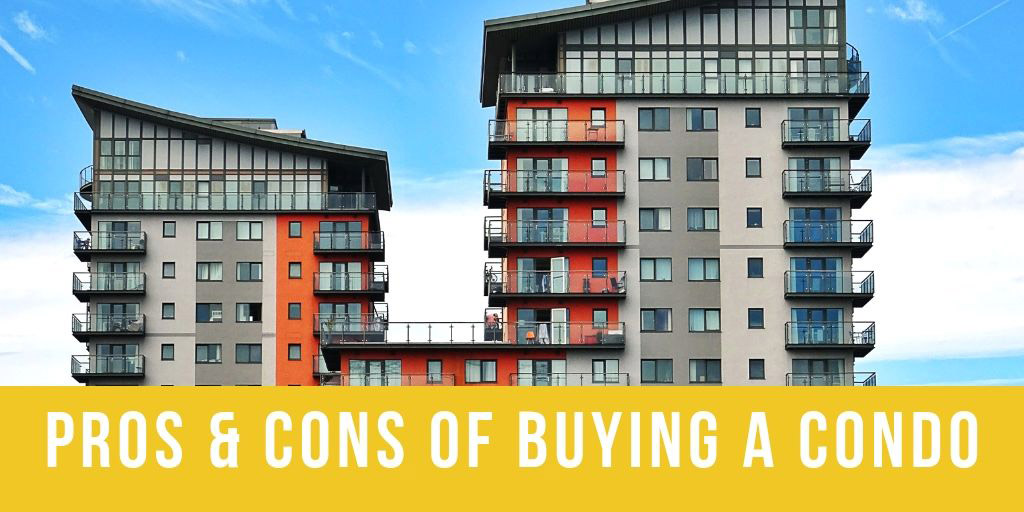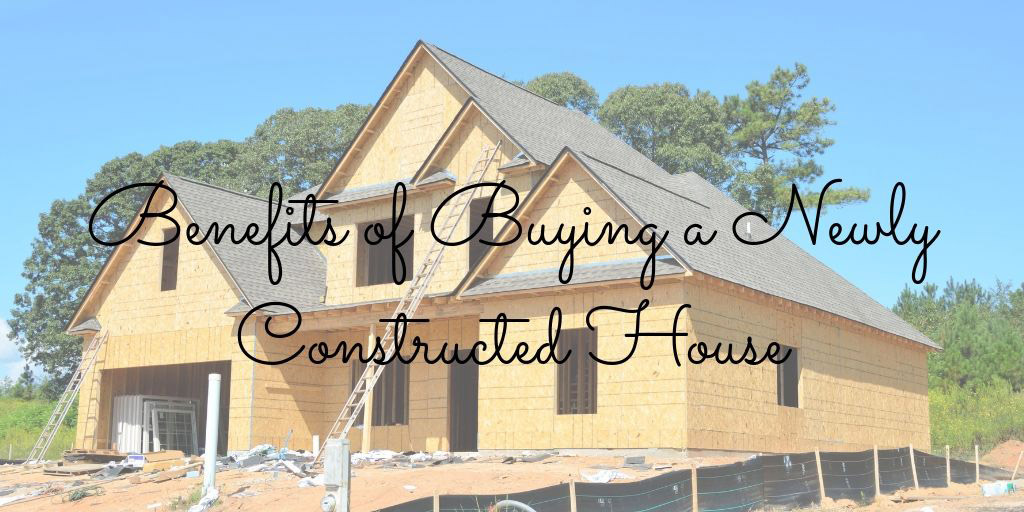If you are beginning the home-buying process, you may begin to wonder how long it will take until you find the perfect home for you and your family. The answer to that varies due to different factors. Check out these three factors on how many homes you will tour before buying:
The State of the Market
A buyer's market is when there are few houses for sale and the ones that are available, sell quickly. This creates a higher demand for houses as people scramble to buy what they can. If the location you are considering seems to be a buyer's market, you may be competing with multiple buyers for the same house. If you are hesitant with a house because you think a better one is out there, someone else may swoop in and sign a contract. This leaves you with fewer options and a long time trying to find a house. If you find yourself in this situation, you will probably need to move as quickly as possible if you want to secure a home.
Knowing What You Want
If you are specific about the type of house you would like, then it is usually much easier for a real estate agent to suggest properties to tour. For example, if you insist on living in a house with a backyard, they will refrain from suggesting a high-rise condo. If you are more open to various options, you have a bigger playing field, and it may take some time to sort through the selection. Before you begin your search, take some time to really consider what you are looking for.
Your Willingness to Compromise
Home buyers usually have a list of things they absolutely need to have in their potential home. However, all of the amenities you are looking for might not be in the right location or fit within your budget. For example, a three-bedroom house a short drive from downtown may cost thousands more than that same type of house further away. If you are willing to compromise on what you want, you can find a home much quicker.
Finding the perfect house for you can take weeks, months, or even longer. To shorten this length of time, know what you want, and be willing to compromise. Soon, you will be able to find the home you have been dreaming of and begin life as a homeowner.







